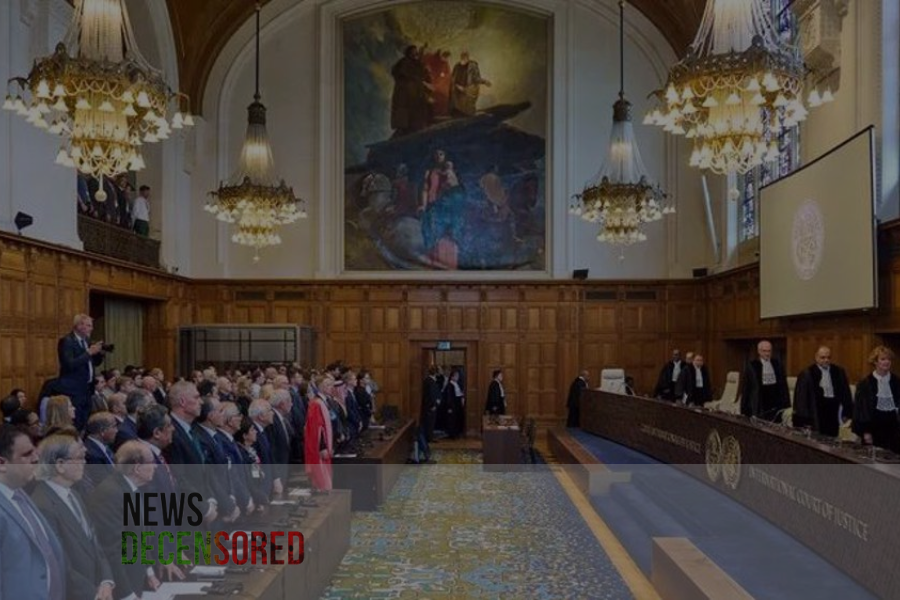The ICJ has also established that occupation remains unlawful. In contrast, in the present case of occupied Palestinian territories – there is no legal basis for the occupation, and it must be “as rapidly as possible. ”
On the final day of the hearings, ICJ president Nawaf Salam produced the nonlegislative obligatory viewpoint that Israel’s occupation contravenes global common law and abuses the Palestinian inhabitants’ right to self-determination. The Chamber, comprised of 15 judges in its opinion, mentioned the Israeli practices, such as the expansion of settlements in the West Bank and East Jerusalem, enjoyment of natural resources, and discrimination against Palestinians. The learned judges said such actions are unlawful and go against the legal norms of international law.
The UN General Assembly requested the court in 2022 for its opinion. The ICJ, which is the UN’s primary court for interstate disputes, pointed out that Israel has no right over territories it occupies, and other nations should not aid those occupations either. The court called for a cessation of the construction of new settlements and the removal of existing ones.
“Israel’s presence and activities in the West Bank and East Jerusalem and the regime connected with it are unlawful,” the court said. Israeli conduct is state-sanctioned aggression and, therefore, violates the status given to Occupying power that turns its presence in the occupied Palestinian territories unlawful.
Palestinian officials would welcome the decision, which they described as revolutionary. Palestinian Foreign Minister Riyad Maliki, at the end of the hearing, termed it a ‘turning point for Palestine, for justice and international law” and asked the world to live up to their commitments not to continue to support the occupation through providing money, weapons, and products.
As for the Palestinian perspective, Riyad Mansour, the Palestinian ambassador to the UN, also expressed optimistic sentiments in response to the ruling by describing it as a step in the right direction in dismantling the Israeli occupation, in addition to asserting the refugees’ right of return in both 1948 and 1967.
On the other hand, Israel dismissed the opinion of the court. The Israeli Ministry of Foreign Affairs reacted to the decision, claiming it to be “fundamentally wrong” and biased. At the same time, the office of Prime Minister Benjamin Netanyahu described the decision as the “decision of lies” that distorts historical facts and the Jews’ right to the land.
Even though the decision is not binding on human rights, barrister Jeffrey Nice has said it helps global leaders and the international community disregard the ICJ’s opinion. In this respect, Marwan Bishara, the senior political analyst of Al Jazeera, pointed to the fact that the verdict may strengthen global campaigns for more stringent measures put on Israel.
The same court is also hearing another petition by South Africa in which genocide allegedly committed by Israel in Gaza is under consideration. The court has already made several interim orders organisation for Israel to make sure and deter the promotion of genocide and improve human assistance measures. Besides, in May, the ICJ demanded that Israel should halt an attack on Rafah, a South Gaza city because many Palestinian noncombatants faced severe danger. However, Israel has gone ahead and perpetuated its aggression in Gaza in complete disregard of the UN court orders.
The ICJ’s latest opinion joined a wide variety of other international legal developments that provide critical attention to Israeli policies and actions about Palestinian territories. Even though the ruling does not provoke an immediate change, it raises increasing concern towards Israel and the global society to address existing problems in the area.















